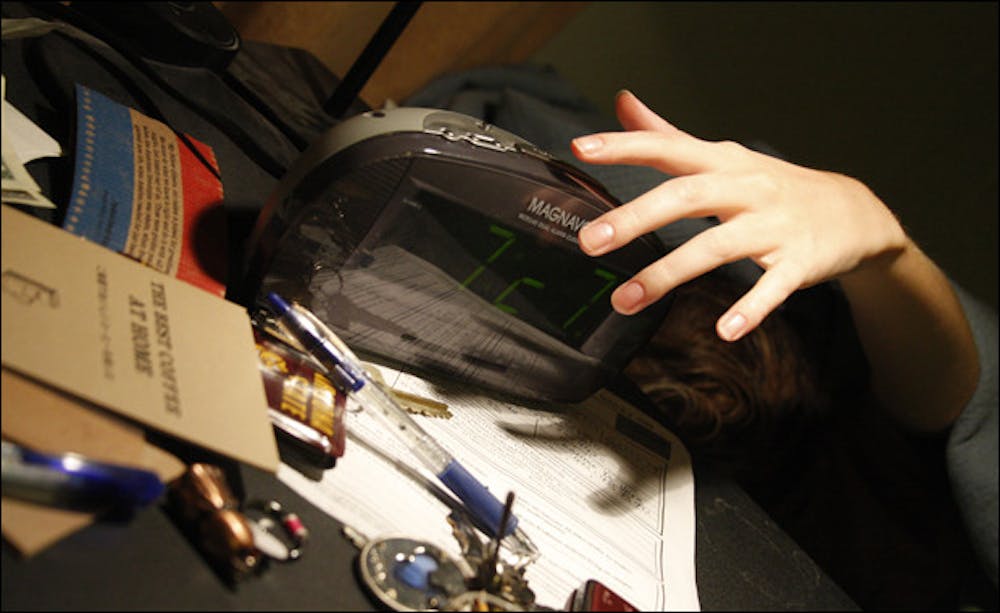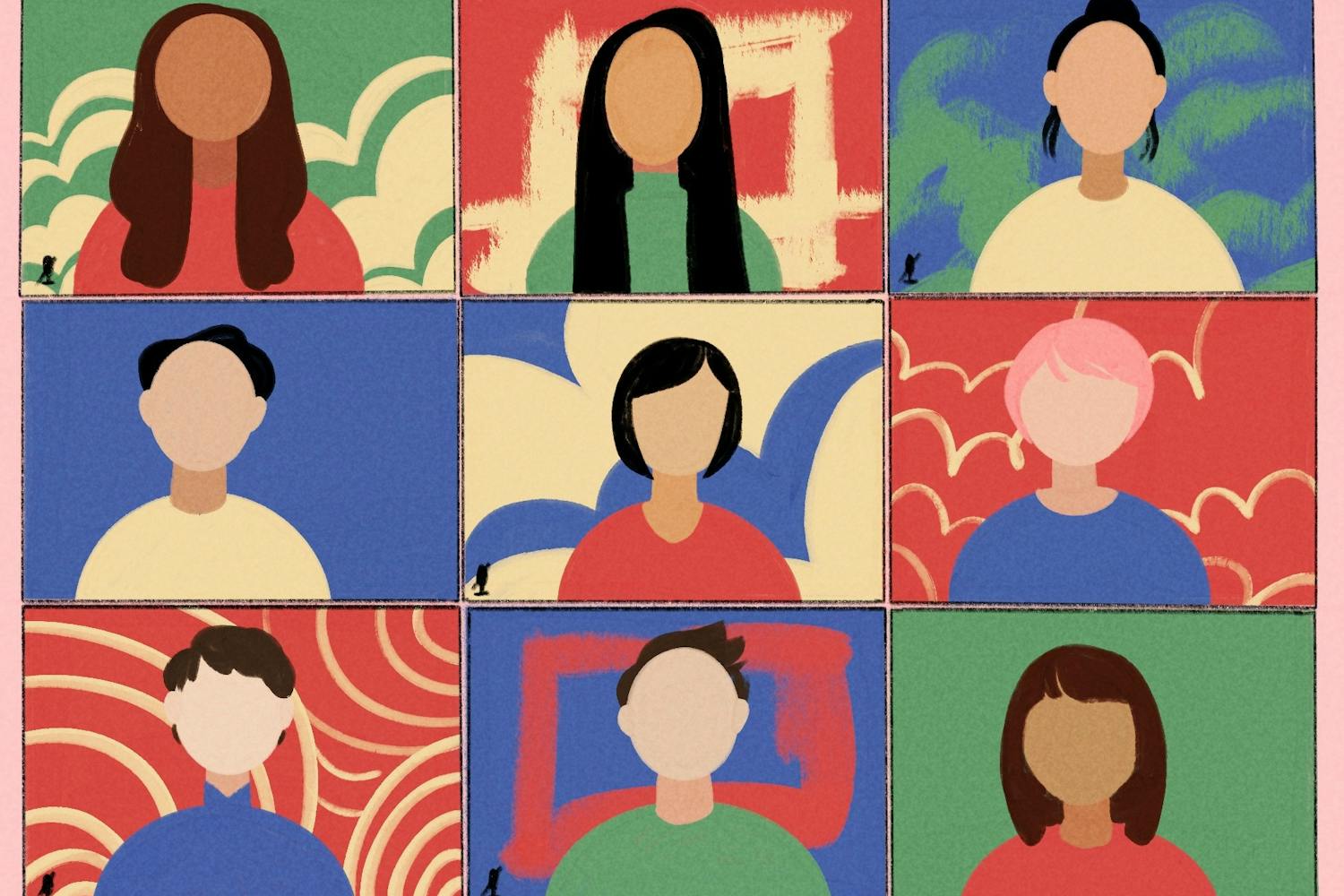Students may have no more desire to hit the snooze button with Wake Up On Time, a new pill that allows users to wake up supposedly rejuvenated seven hours after they take it.
Cathy Beggan, president of Rise-N-Shine L.L.C., said she created the pill around three years ago because of her own problem of waking up on time.
“I would sleep right through my three alarm clocks, regardless of how long I slept for,” Beggan said in an e-mail.
Now ,Beggan said she has found the remedy to the morning blues, including being late to school and work.
“There has always been so much focus on sleeping pills and products to put you to sleep, but never anything to wake you up — other than coffee, of course,” Beggan said.
Beggan, a New Jersey resident, said the pill uses all-natural ingredients, including vitamin B, guarana-seed extract, Siberian ginseng and L-tyrosine.
“Our products are made in one of the largest and most renowned nutraceutical companies in the world. They were hired to formulate, test and manufacture [the pill],” Beggan said.
The team includes chemists, pharmacists, doctors and scientists, Beggan said.
“The magic behind Wake Up on Time is the special coating over the tablets that delays the initial release of the ingredients,” Beggan said.
Because they are time-release capsules, there is no fear of staying awake at night because of the pills, Beggan said.
The pill can also be taken during the day to avoid “that afternoon crash later in the day,” Beggan said.
The energy from the pill is supposed to last for around eight hours after waking up, Beggan said.
Regardless of the possible benefits of the pill, one sleeping expert has a different solution for sleeping problems.
Jenna Gress, a doctoral graduate student in clinical psychology at ASU, works for the ASU Sleep Group, part of the Clinical Psychology Center on campus.
“The best way to help and control sleep problems is to do a program like ours,” Gress said.
Gress said taking pills and drinking coffee and energy drinks to wake up in the morning are only short-term solutions to long-term sleeping problems.
“I’m not an expert on [the Wake Up On Time pill], but I would say to consult your physician,” Gress said.
The group seeks to educate students and faculty on what affects their sleeping patterns, Gress said.
“Part of what this group is about is finding the sleep schedule that works best for individual people because there is a range [of the amount of sleep each person needs],” Gress said.
She said stress and ingestion of caffeine and alcohol too close to bedtime can affect sleeping patterns in a negative way.
Insomnia and difficulty falling asleep are serious problems in students, and 9 to 12 percent of the general population suffers from sleep disorders, Gress said.
“The behavioral intervention helps consolidate your sleep,” Gress said.
Gress said over time, the body naturally wakes up fresh with the amount of time spent in bed.
“Usually, not getting enough sleep long-term, you can have problems focusing and remembering things,” Gress said.
People who don’t sleep well during the night are also more likely to oversleep during the day, Gress said.
“People who don’t sleep well try to overcompensate by sleeping in and taking long naps,” Gress said.
According to the 2007 American College Health Association’s National College Health Assessment, 12.1 percent of students said in the past seven days they didn’t get enough sleep every day of that week to feel rested in the morning.
Biology senior Meg Webb often has trouble falling asleep and waking up.
“I have insomnia, and I don’t fall asleep until three in the morning,” she said.
However, Webb said she still manages to be productive, although it’s a challenge to wake up.
“I’m sluggish the first two hours after waking up usually, and then get into my groove,” Webb said.
Webb said that she doesn’t like sleeping pills, but would consider a pill that would help wake her up in the morning.
“That would be a dream come true because I usually have to set several alarms to wake up,” Webb said.
Reach the reporter at reweaver@asu.edu.




